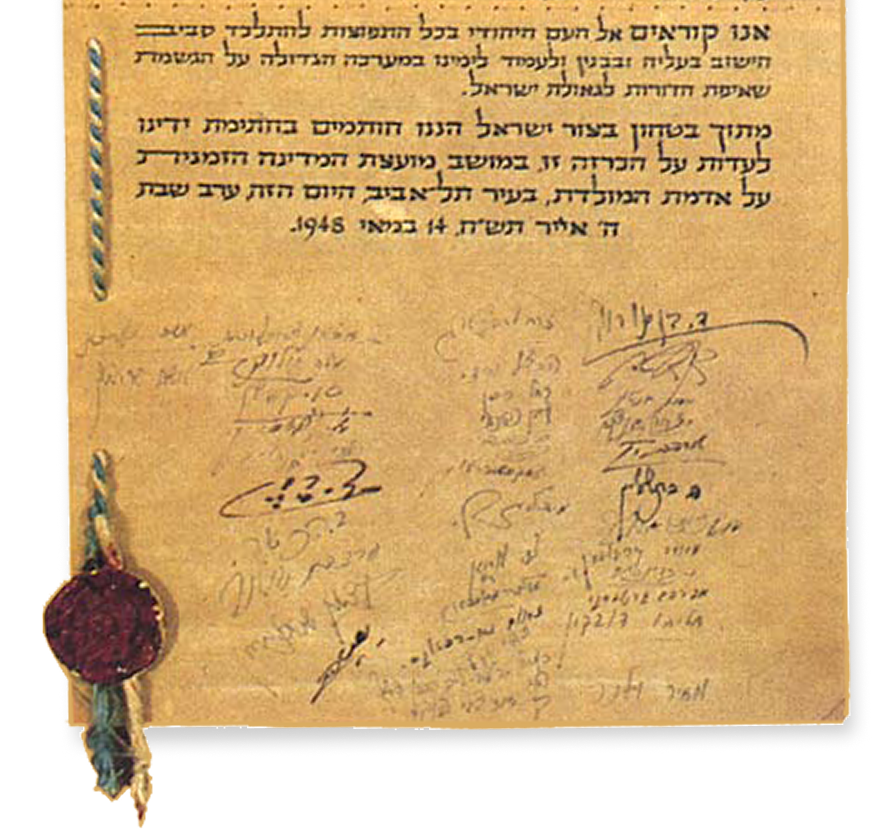Declaration of Independence - A Common Denominator, Old Yet New | Micha Regev
- Micha Regev

- Apr 8, 2025
- 3 min read

I grew up in the "Religious Zionism" movement during its most moderate days in Israel.
It served as a bridge between the political right and left, with its core activists and leaders being intellectuals, scientists, and practitioners.
In my youth, I witnessed the radicalization of the movement, to the extent that parts of it were convicted of terrorist activities.
A small group of rabbis, followers of Rabbi Zvi Yehuda Kook, interpreted the idea of contemporary Zionist return as the divine redemption promised by God in a radical way.
Despite centuries of rabbinical warnings against "calculating the end" or "forcing it," they decided these warnings were irrelevant and took active, even radical, measures to hasten the arrival of the Messiah.
From there, Jewish underground groups emerged, engaging in terrorism and violence.
The most dangerous among them was the group that planned to destroy the Al-Aqsa Mosque by detonating explosives stolen from the Israeli military, even considering aerial bombing.
During those days, I became disillusioned.
I left the movement and eventually distanced myself from religion altogether.
During the Oslo Accords era, the "old demons" resurfaced, with rabbis issuing a "din moser" (death sentence) against Prime Minister Rabin.
When I learned of this, I warned many people, including Rabin himself.
The assassination was not prevented, and I decided to dedicate my free time to fighting radical messianism.
I wrote the book "The Intoxication of Redemption" and embarked on a long, voluntary journey aimed at ideologically combating fundamentalist radical messianism.
Today, zealous representatives of these messianic groups are part of the government, holding the balance of power.
This creates a broad platform for extortion and poses a direct threat to the country's future. Within Religious Zionism, there are many who find the fanatic, fundamentalist path uncomfortable. They are scattered across the political spectrum but their voices are less heard.
The proposal to make the Declaration of Independence the common ground for all Zionist groups seeking to create change and ensure a better future for Israel is one I wholeheartedly embraced.
The Declaration is not perfect, but it contains the fundamental ideas that create a national ethos under which everyone can unite.
The term "messianism," now often used as a derogatory term, was once a central idea among moderate religious movements and even secular Zionism.
The prophets' ideas, such as "the return to Zion" and "nation shall not lift up sword against nation," were significant pillars in the worldview of most Jewish people, as was the uncompromising desire for "Tikkun Olam"—a repair that begins with the individual's inner self.
The most urgent task today is to remove fanaticism and extremists from influencing the public and political spheres.
Consequently, halting the judicial revolution and preventing the destruction of our courts and democratic system is imperative.
Alongside this, we must strive to build an alliance with as many groups as possible—groups that will declare and put into practice that the Declaration of Independence is our common denominator, and that every future ideological dispute will be measured by its shadow and realized in its light.
Good luck to everyone engaged in this mission, which is of utmost importance today!
Micha Regev is a retired Lt. Col, entrepreneur, farmer from Moshav Abirim, and an author.


